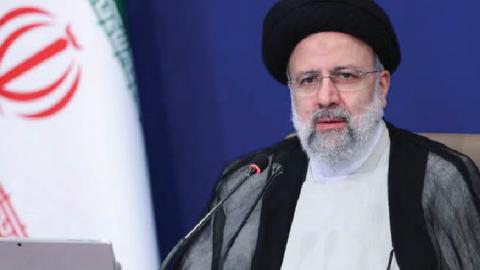This was the week that the optimistic case for restoring the 2015 Iran nuclear deal died. Like so many other innocents, it died at the hands of Ebrahim Raisi, the hanging judge handpicked by Iran’s supreme leader to guide the Islamic Republic through the Biden years.
For Iran optimists, the goal of the Joint Comprehensive Plan of Action was not only the normalization of U.S.-Iranian relations but the normalization of Iran. Ending sanctions and restoring economic relations between the Islamic Republic and the rest of the world would reduce the influence of hard-liners over the Iranian economy. Ending Iran’s political isolation would undermine the radicals’ argument that unrelenting foreign hostility justifies harsh crackdowns at home. All this would open a political window for moderates, who would increasingly soften the regime’s harsh policies at home and end its confrontation with neighbors. A nonnuclear Iran would become a stable, democratic force in the Middle East, optimists believed.
But Supreme Leader Ali Khamenei has no intention of ending up like Mikhail Gorbachev. By ruthlessly engineering the election of a hard-liner’s hard-liner to the presidency, Mr. Khamenei has slammed the door on normalization and nailed it shut.
Read the full article in the Wall Street Journal















